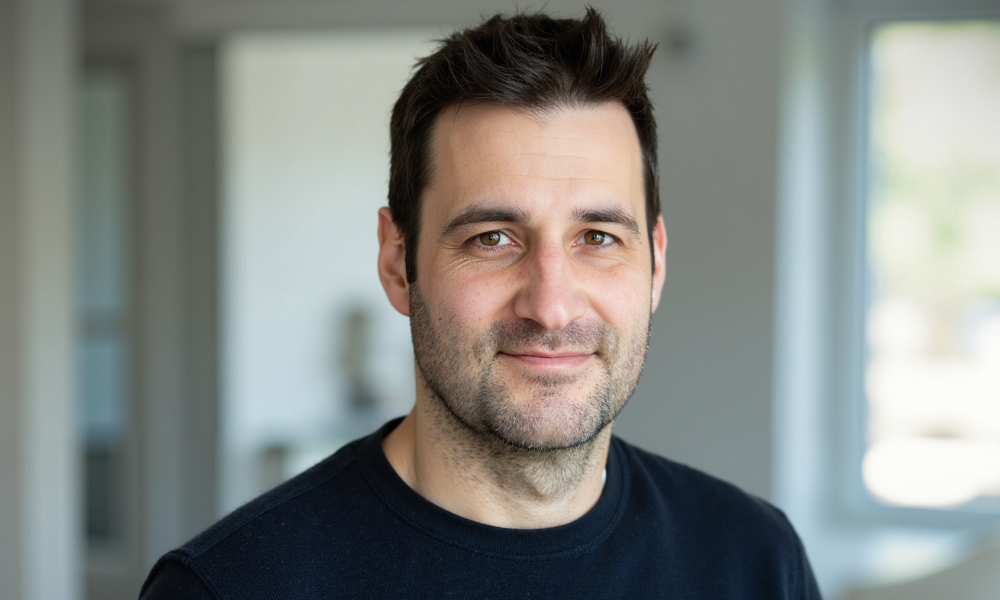

From entertainment to finance, a familiar David-and-Goliath story has been playing out across the business world. Netflix killed Blockbuster and disrupted the entire media landscape. But eventually, Amazon, Apple, Hulu and a whole bunch of legacy media companies got into the streaming game, and Netflix saw its subscriber rates stagnate. (Last year, the company announced that it would stop reporting quarterly subscriptions).
A “subscription-based business model” is now taking hold in the financial services sector. Last month, at its flashy City of Gold Conference, Robinhood announced that it was making a robo-advisor available initially to its premium subscribers, along with other perks and offers.
For $5 per month (or $50 per year), Robinhood Gold members can access an actively managed robo-advisor (with a 0.25% annual fee, capped at $250), a private banking option, courier cash delivery service and a new artificial intelligence (AI) engine, Robinhood Cortex, which provides real-time investment insights and analysis.
Of course, Robinhood has already reshaped the contours of retail investing. The Silicon Valley technology company launched its sleek, easy-to-use, commission-free trading app in 2013, amassing 25 million loyal customers.
For retail investors, the Robinhood lure was obvious. Pre-internet, investors would call their brokers and spend $30 for the privilege of making a trade. With the rise of online brokerage firms such as E*Trade, retail investors had a more convenient and affordable solution, spending roughly $7 to $10 per trade. That is until Robinhood came along and eliminated fees altogether.
Today, virtually all the big U.S. broker-dealers, including Charles Schwab, Fidelity and Vanguard, have adopted the Robinhood model, eliminating commissions and earning revenue through the backend on payment for order flow. The problem is that this model—which earns pennies on huge volumes—is not generating enough revenue, so Robinhood is doing what a lot of software companies, service providers and retailers have done successfully in recent years: offer a premium subscription-only experience.
With Cortex, Robinhood believes that, by giving investors tools to feel more confident and knowledgeable in their investment decision-making, the fintech firm can stand out from their competitors offering a commodity service. It’s a smart bet. The legacy firms are no doubt working on their own subscription-based models to deliver stable, consistent revenue (brokerages have lost as much as 30% of their trading revenue after eliminating commissions on trades).
However, large brokerage firms, unlike neobrokers that tend to focus on growth above all else, are typically more cautious when it comes to innovation. AI in particular poses an interesting challenge to brokers. Done well, AI can be leveraged to deliver unparalleled ease and control over the investing experience. This will help with customer retention, increased engagement and potentially new revenue opportunities. Done poorly, AI can create negative user experiences and potentially put you in the crosshairs of regulators. To address the downside, many brokers conducting early AI experiments protect themselves by adding disclaimers: “use for entertainment purposes only,” “this chatbot may sometimes give inaccurate or inappropriate information.” With or without a disclaimer, you cannot deliver unparalleled ease and control if clients can’t trust what the AI is saying.
Yet, it’s not a matter of if AI will have a place in retail brokerage...but when and how.
“We build it here first” is the internal battle cry of most financial institutions. Ever since the public release of ChatGPT two years ago, every single Fortune 500 company has dedicated significant budget and headcount towards building their AI strategy. While prototyping with this type of AI has never been faster, there are real challenges around scaling, cost efficiency and being able to thread the needle with internal legal, risk and compliance, as well as external regulators.
Instead of spending five or six years trying and failing to build an AI solution, financial services firms should work with a partner who has deep technological knowhow and an encyclopedic knowledge of the financial services world – someone who is building a product with regulations and compliance in mind rather than trying to get by with the lowest common denominator. Ideally, an embeddable AI solution should have a compliance and regulatory footprint as its foundation.
Even today, 12 years after Robinhood permanently altered the financial services landscape, broker-dealers are still trying to play catch-up, with their mobile apps offering varying levels of user-friendly functionality. So, time is of the essence.
Robinhood has amassed 2.64 million premium subscribers in just one year—and the subscription offering is already the company’s most profitable business line, yielding $128 million in annualized revenue.
AI is one area that can help large financial institutions differentiate themselves from their fintech competitors. While Robinhood may have the razzle-dazzle, broker-dealers should offer something infinitely more valuable — an AI tool that can provide true insight in a fully compliant, responsible way.
Justin Whitehead is founder and CEO of Pebble Finance, a portfolio analytics and technology company that synthesizes news and proprietary research, connecting the dots between real-world events and investment performance.

The leadership changes coming in June, which also include wealth management and digital unit heads, come as the firm pushes to offer more comprehensive services.

Strategist sees relatively little risk of the university losing its tax-exempt status, which could pose opportunity for investors with a "longer time horizon."

As the next generation of investors take their turn, advisors have to strike a fine balance between embracing new technology and building human connections.

IFG works with 550 producing advisors and generates about $325 million in annual revenue, said Dave Fischer, the company's co-founder and chief marketing officer.

Five new RIAs are joining the industry coalition promoting firm-level impact across workforce, client, community and environmental goals.
RIAs face rising regulatory pressure in 2025. Forward-looking firms are responding with embedded technology, not more paperwork.
As inheritances are set to reshape client portfolios and next-gen heirs demand digital-first experiences, firms are retooling their wealth tech stacks and succession models in real time.
